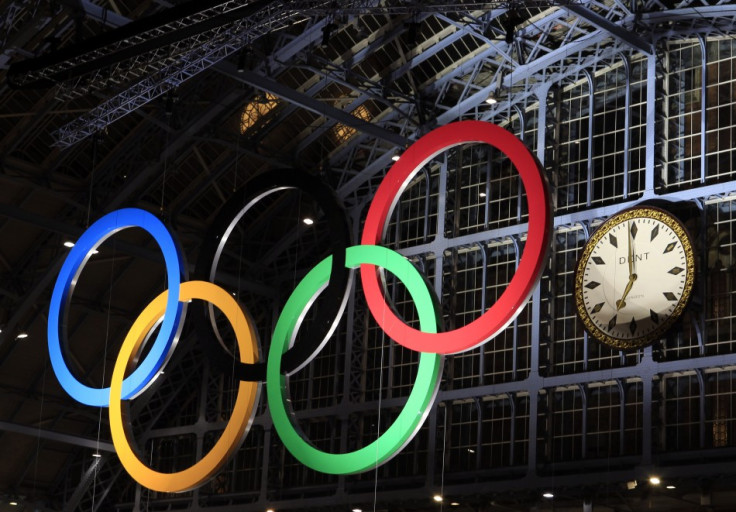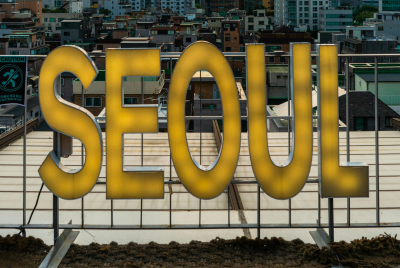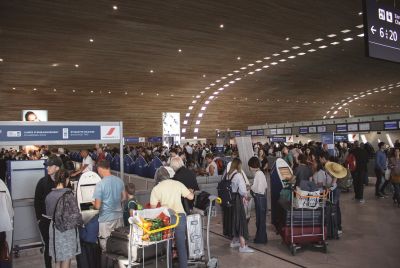London Olympics to Hit UK Tourist Numbers

The number of visitors to Britain could dramatically drop during the 2012 Olympics.
A 4 percent decrease is expected because of people avoiding the games.
Despite a £25m marketing push backed by Prime Minister David Cameron to promote the UK to the world, the government's own tourism agency is forecasting the drop in visitor figures during the iconic sporting event.
Tourism website Visit Britain says it expects 30.7m visitors to the UK who will spend £17.6bn next year, according to a report in the Financial Times.
Those figures would mean zero growth on 2011. But the range of the forecast is between minus 4 percent and a rise of 2 percent.
The tourism agency is understood to have concluded that the "displacement effect" - often experienced by Olympics host cities who suffer a significant drop in tourist numbers - will result in a drop of visitor numbers by 5 to 10 percent to the UK, regardless of economic trends.
Ministers have ridiculed warnings of displacement effects and argued that the Olympics would instead provide a tourism boost.
Past host cities have seen tourism decline in the years following the games, which might explain the main reason behind Cameron's £100m international tourism marketing campaign over the next four years.
Chairman of Visit Britain, Christopher Rodrigues, said that while the Olympics offered a great opportunity to showcase the UK internationally, the games also posed problems.
"History tells you they have a displacement effect in the year of the event. Lots of people say, 'I'll give the country a miss,'" he told the FT.
"The challenge for us is to counter the displacement effect with an active marketing programme to encourage people to consider Britain in 2012."
The tourism agency said growth in 2012 would be "a major achievement" given the global economic situation.
Tourism to China decreased both before and after the 2008 Beijing Olympics, according to 2009 data from the European Tour Operators Association (ETOA).
It added that none of the cities hosting the Olympic Games since 1988 had recorded any obvious tourism growth following the event.
If London follows in the footsteps of Beijing, London could see more than 2.5m fewer visitors and a loss of £1.5bn in tourism revenue, ETOA said.
Its data showed that from the spring of 2008 international visitor arrivals to Beijing dropped and in the month before the games they were 30 percent down on the previous year.
The tourism slump continued in the months following, with international arrivals down by more than 20 percent.
In the five years leading up to the Sydney 2000 Olympics, Australia's and New Zealand's tourism was growing at the same rate but Australia's growth slowed significantly straight after the global sporting event, the association added.
"Every city is unique, and each city handles the Olympics in its own way. But we have yet to have a games where tourism has not been disrupted and disrupted in a way that causes real harm. Even in the case of Athens, where they carefully restricted new capacity, there were considerable losses before and after the games both in the capital and throughout Greece," said Tom Jenkins, executive director of ETOA.
© Copyright IBTimes 2025. All rights reserved.





















